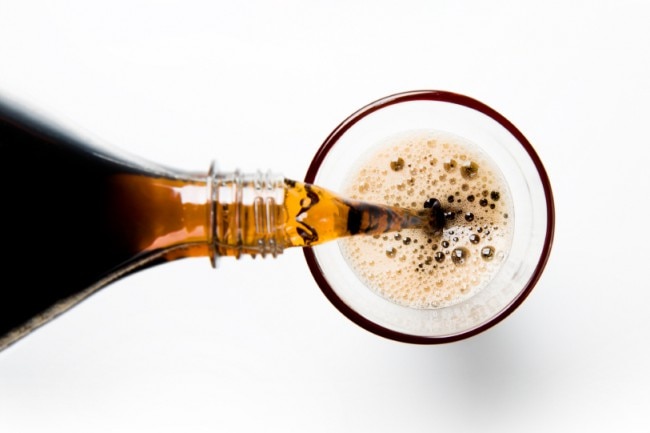Millions of Americans quench their thirst with a sugary soda at least once a day.
But the quick, temporary satisfaction of too many sweet drinks may mask health threats that will come back to haunt the drinker in years to come.
Excessive soda consumption has been associated with a variety of health issues, including:
- Obesity
- Diabetes
- Cardiovascular disease
- Dental cavities
The high levels of sugar found in soda are the main culprit in these health woes.
When sweetness turns sour
Americans already consume far too much sugar. About 15 percent of the calories in an American adult’s diet come from added sugars, according to the National Institutes of Health. That equates to about 22 teaspoons of additional sugar per day.
Sodas and other beverages — including energy drinks and sports drinks – are the main sources of this added sugar, according to the NIH. In fact, the New York City Department of Health and Mental Hygiene says a single 20-ounce soda contains 250 calories and more than 16 teaspoons of added sugar.
Each year, new research appears to confirm suspicions about how excessive soda consumption can negatively impact health.
For example, research shows that teen girls who drink soda appear to have more broken bones, according to the U.S. Department of Health and Human Services. This is especially true for girls who drink colas, which contain phosphoric acid that causes bones to lose calcium.
Recently, a John Hopkins researcher found evidence that a chemical — 4-methylimidazole — found in the caramel coloring added to many sodas may increase the risk of cancer.
Other studies have shown that soda consumption can increase the risk of gout, and can accelerate the process of cell aging.
Moderation is key
So, does all this evidence mean you should steer clear of every bottle of cola you see?
No, says Richard D. Mattes, distinguished professor of nutrition science and director of the Ingestive Behavior Research Center at Purdue University in West Lafayette, Indiana.
Mattes acknowledges that drinking excessive levels of soda can pose health concerns. But taken in moderation, soda should not pose a significant health danger.
Problems arise only when individuals consume too much of a good thing.
“The danger is posed by the consumer, not the product,” he says.
Beverages have a low satiety value, Mattes says. As a result, it is easy for some people to consume high levels of these sweetened drinks. In the process, they are simply adding calories to their diet, rather than substituting for other calories.
“One can consume a fair amount of sweetener in a beverage,” he says.
Drinking diet soda can help reduce the amount of calories you take in. And other beverages are good choices if they contain less sugar.
“There’s nothing wrong with water,” Mattes says.
Still, soda is not inherently evil, and it even contributes to keep the drinker properly hydrated. Mattes laments the fact that the debate about soda’s impact on health has polarized the community.
“It would be really helpful if people would look at the science rather than the emotional impact,” he says.
All the major research indicates that soda taken in moderation does not pose significant health risks for most people, he says.
“I think any food can fit in the diet,” he says. “It’s how it’s used that is the critical issue.
“Each individual needs to find the right balance.”

